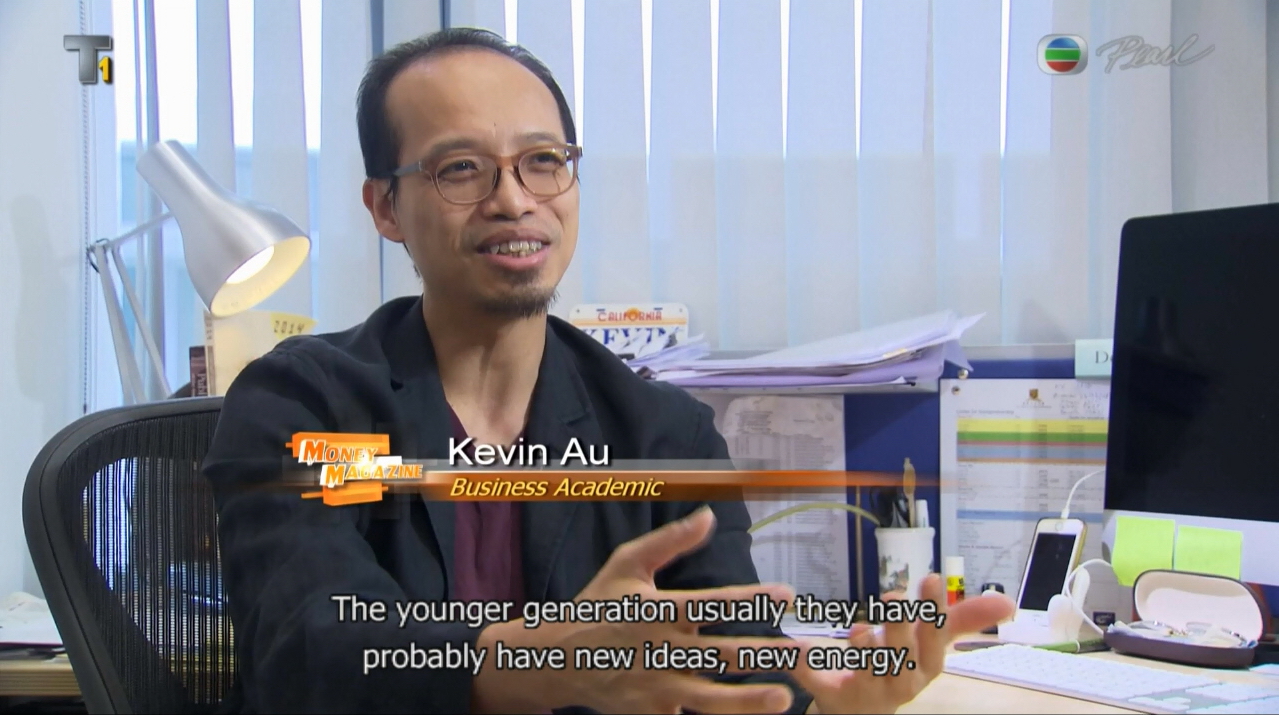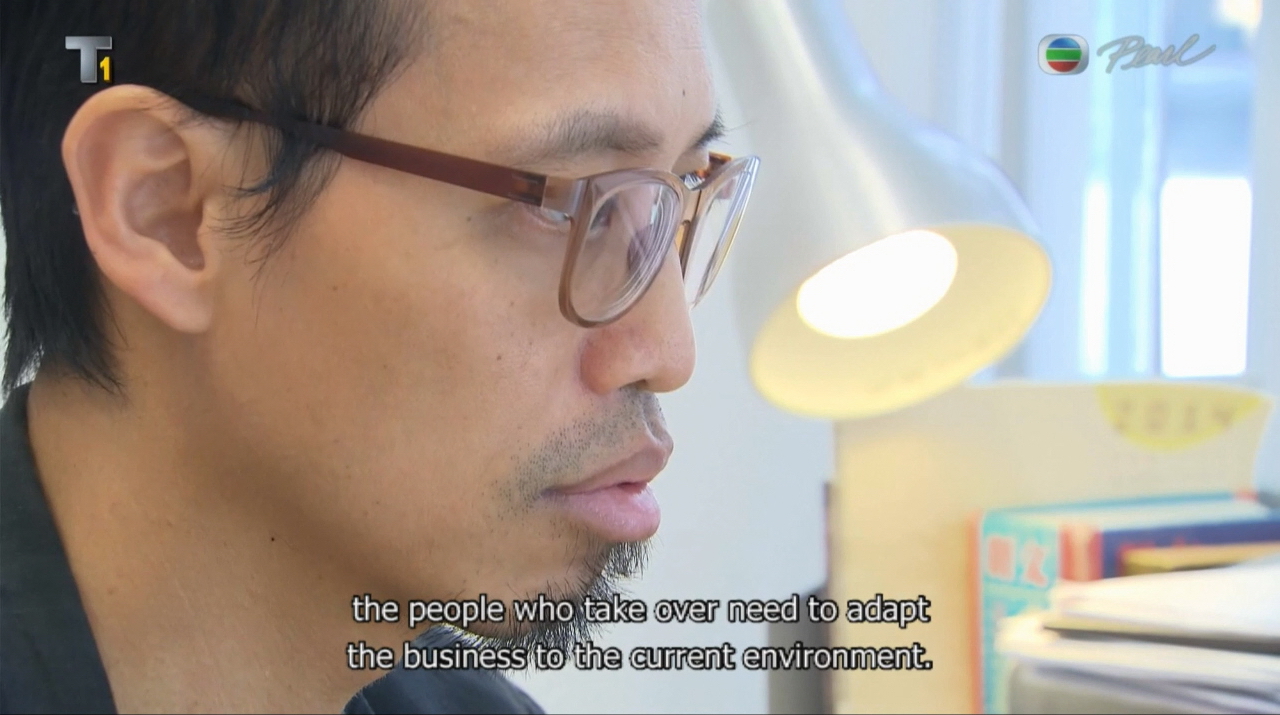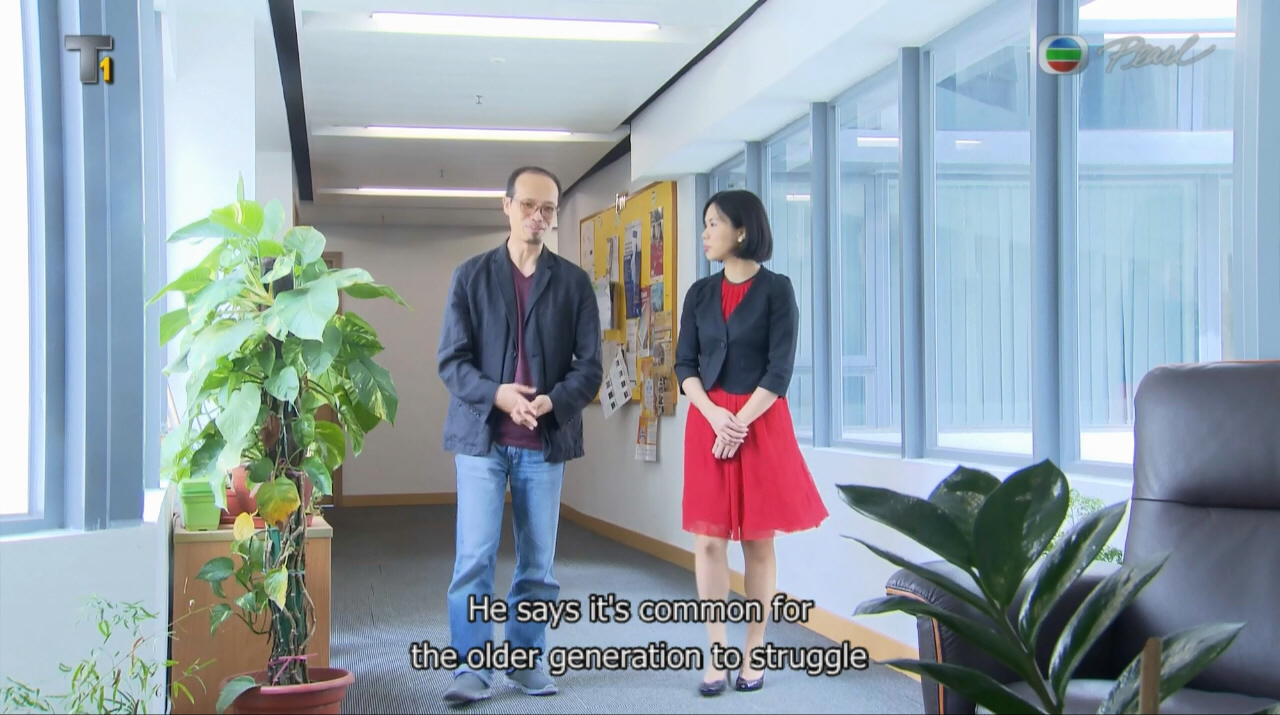Breaking the Family Business Mould

Prof. Kevin Au says in an interview with TVB Pearl that family-owned SMEs should adapt its business model to the rapidly changing environment for sustaining their business.
Small and medium-sized enterprises (SMEs) are the backbone of Hong Kong’s economy. About 90 percent of SMEs in the city are family businesses, and their older and founding generations often face challenges of passing the business to the next generations.
According to a recent report of family owned firms by Credit Suisse, it shows that the longer a business stays in family hands, the more difficult the transition from generation to generation. 50 percent of those surveyed successfully transitioned to the second generation, 22 percent to the third generation, and only 10 percent to the fourth generation.
Kevin Au, Associate Professor of Department of Management, Director of the Centre for Family Business and Director of Centre for Entrepreneurship at The Chinese University of Hong Kong Business School, says in an interview with TVB Pearl that it is common for a family business’ older generation to struggle handing over the reins to the next generation. He points out that “the younger generation of a family business usually has new ideas, and they probably want some changes. Since they are younger and usually less experienced, they may easily make obvious mistakes in the eyes of the older generation.”
Furthermore, Prof. Au indicates that a key ingredient for sustaining a family business is that the ones who take charge of it, need to adapt to changes in the current business environment. He emphasizes that “the environment changes over decades. If a family business cannot adapt to the changes, its products will become obsolete.” He adds that “the business model which has been adopted before may not work well anymore in future. A family business would fail ultimately if it couldn’t adapt its business model to the rapidly changing business environment quickly enough.”
Source: TVB Pearl
Date broadcast: 2 October, 2015



